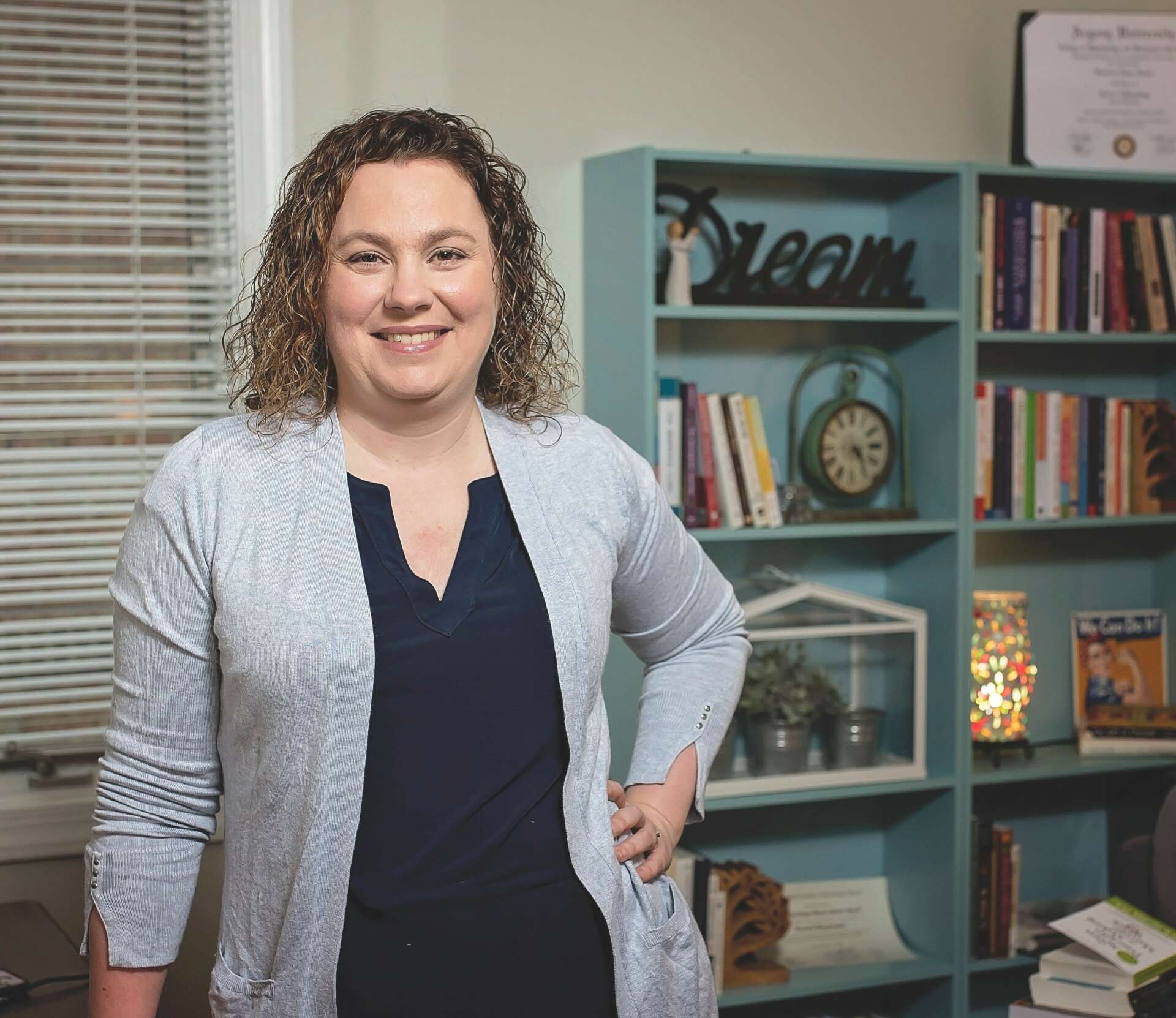Alright – so today we’ve got the honor of introducing you to Kimberley Benton. We think you’ll enjoy our conversation, we’ve shared it below.
Kimberley, appreciate you joining us today. Looking back at internships and apprenticeships can be interesting, because there is so much variety in people’s experiences – and often those experiences inform our own leadership style. Do you have an interesting story from that stage of your career that you can share with us?
When I think about my internship experiences, I picture my former supervisors almost as a family tree. There’s my first supervisor who is like an older sister, showing you the ropes of the family. My most memorable experience had to be with the director of my internship program. I can remember meeting him for the first time and being so unsure because of my own preconceived notions of what a “professional” looked like. This supervisor looked just like Jerry Garcia. So much so that when I think of him now I have to double check the picture in my head to make sure that I’m not picturing Jerry Garcia! But more than any other supervisor, he shaped me into the therapist I am. There’s not just one event that created this in me. It was his whole being and the experience of sharing time with him. He did teach me practical things like how to support trans clients during transition. More than that though, he taught me how to truly see my clients. He taught me empathy and a deeper level of understanding of emotion. He was my therapy grandfather who had seen so much and experienced the world in so many ways and just wanted to pass that knowledge down to someone who would listen. When I sit with clients, it’s his voice that I hear in my head 90% of the time and so far it’s never steered me wrong.
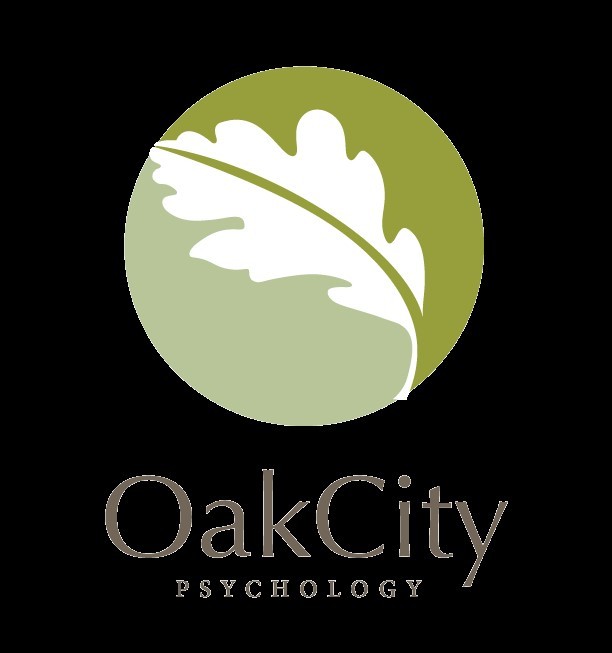
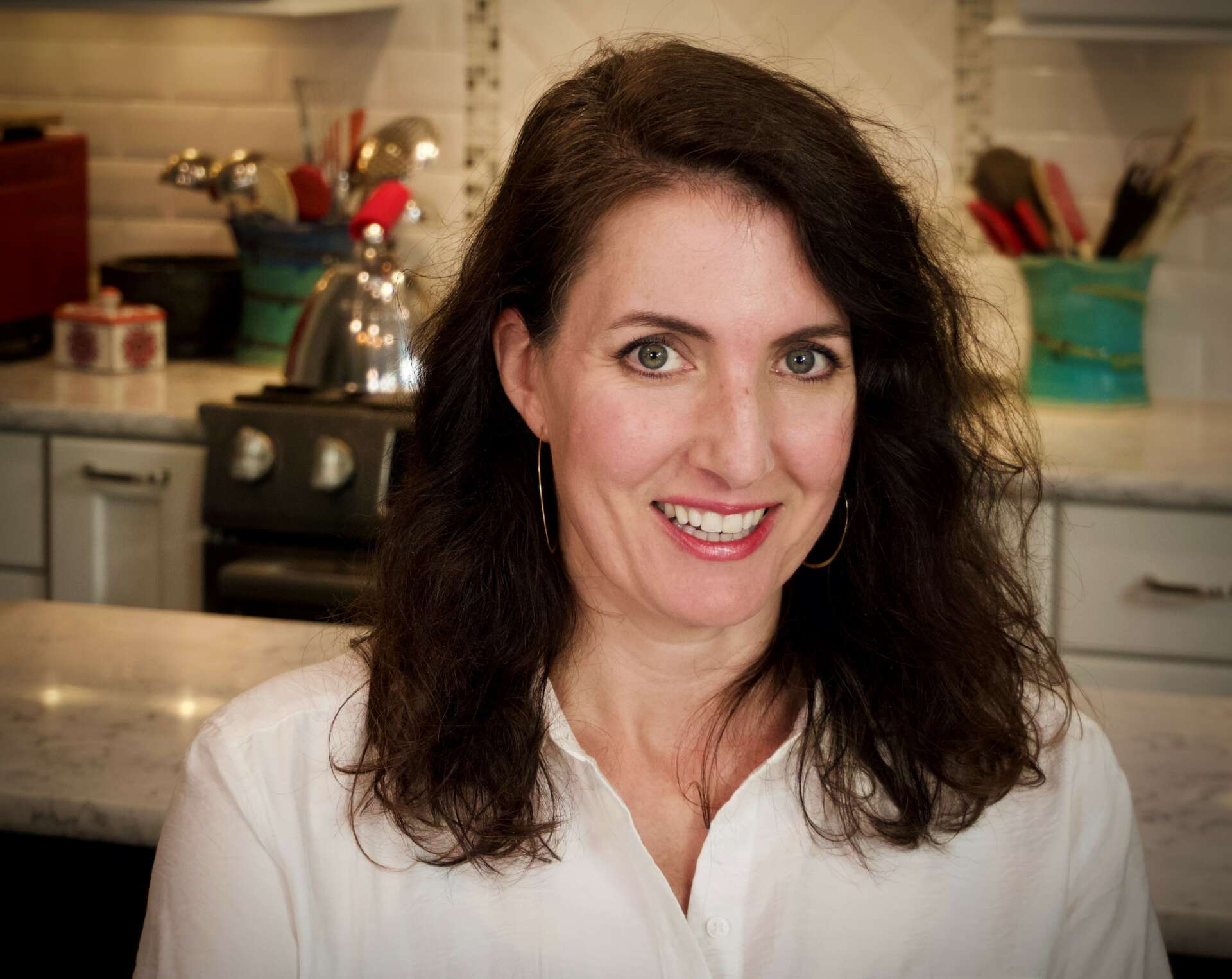
Awesome – so before we get into the rest of our questions, can you briefly introduce yourself to our readers.
My path to my current occupation began during my first year at UNC-Chapel Hill – Go Heels! Like a majority of students there at the time, I entered college as a pre-med student with a major in music. Somewhere along the way, I had read that medical schools liked to admit folks who were not biology majors so I chose to be a Music major. After I barely made it through a semester and 1 week of Chemistry, I decided the pre-med path was not for me! I made a similar decision about my music major after the exact same amount of time in music theory.
So after coming into college with a clear plan for moving forward, I was suddenly without a major. I had been lucky enough to get into a Women’s Studies class in my first semester. Through this class, I found the Orange County Rape Crisis Center and quickly began volunteering in their office. From there I continued work with them becoming a Crisis Companion. As a companion, it was our job to carry a pager (it was the early 2000s) and answer calls for a 24-hour period at a time. This might include someone having a panic attack because of flashbacks or meeting someone at the hospital while they underwent a sexual assault exam to collect evidence. In that work, I found that while it was an honor to support people through these crises, I also wanted to support them through the rest of the healing process. All of this was happening while I was trying to figure out what I wanted to do now that medical school was not going to be my path.
Without ever taking a psychology class, I decided I wanted to be able to become a therapist and changed my major so I could receive a double major in Psychology and Women’s Studies. It felt like the combination of these degrees would allow me to provide the kind of support I wanted to give to others. Luckily, I ended up really loving my psychology courses and felt like working towards my doctorate was something I could achieve.
In the process of researching graduate programs for Psychology, I found a degree that was fairly new at the time, a Doctor of Psychology (Psy.D.). This degree really appealed to me because it was focused on the actual work of being a therapist. Rather than spending time supporting a professor’s research and doing my own research, my time would be spent learning how to do psychological testing and providing therapy. Exactly what I wanted to do! I applied to several programs and was ultimately accepted at two – Georgia School of Professional Psychology (GSPP) in Atlanta, GA, and NOVA Southeastern in Ft. Lauderdale, Florida. Both programs were high on my wish list for different reasons. GSPP offered an internship with Atlanta Center for Eating Disorders (ACE) and Nova ran a trauma recovery center where their students completed their internships. You may have noticed that I tend to make decisions based on assumptions that things will work out the way I want them to so I chose GSPP specifically for the internship at ACE. It never even crossed my mind at the time that I would have to apply and get accepted to what ended up being the most competitive offering at that school. Luckily, I was able to earn that internship during my second year in grad school and my specialty training in working with folks with eating disorders began. I worked at ACE in various capacities throughout grad school.
In order to become a Licensed Psychologist, you also have to complete a full-time internship, similar to a residency like medical students complete. I ended up at Clemson University’s Counseling Center. While they were not my first choice of an internship site it ended up being the perfect spot for me to learn. I was lucky enough to have amazing supervisors who pushed me to grow both personally and professionally. The supervisor who impacted me the most though had to be Hal Stevens. In my work with Hal, I truly learned to trust my clinical intuition and find empathy with all clients. Hal also trained me in my work with LGBTQ+ clients. In 2016, Hal died from cancer. I still think of him at some point almost every day. As noted in my previous response, more than any other supervisor he shaped my ability to offer unconditional care to my clients.
After graduation, I returned to Atlanta with my family. Because we had not planned to return to Atlanta I did not have a location to complete the supervised hours I needed post-graduation to get licensed. In what had become very on-brand behavior for me, with very little research I jumped straight into private practice. My supervisor at the time had an extra office for rent so I made a website, bought a Psychology Today ad, and hoped people would find me. One person found me and that person probably got the best care any of my clients have ever received! For several months this first client was my only client but they kept my practice open by coming twice a week for an extended session and paying my full fee.
Over time I was able to make connections in the community and was eventually able to move out on my own and open Peachtree Psychology. This time I knew that building connections in the community was hard work and took almost as much time as clinical work. So I slowly began building those contacts, meeting other therapists, meeting folks who could provide nutrition support to my clients with eating disorders, meeting doctors who could provide medical support to my LGBTQ+ clients, and finding other clinicians to join the practice. When my family made the decision to move back to North Carolina, Peachtree Psychology was in fact growing and I was able to sell it to another therapist. My last day there was the day before the memorial service for Hal and it felt like saying goodbye was going to be my new profession.
My family and I moved back to North Carolina the next month, which of course came with more goodbyes. For several months I applied and interviewed for “real” jobs. Those jobs were defined as having a paycheck paid by someone else. Pretty much every interview ended the same way – “We think you’d be a great fit but we’re not going to hire you because you’ll just leave us and go into practice on your own.” After the third or fourth time hearing that I decided to go into practice on my own! And Oak City Psychology was born. I opened my practice in a small 2 office suite with just me. Again, I spent time connecting with dietitians, physicians, and other therapists and within a few months I was in the office every day and by the end of that first year, I almost always had a waiting list for services. During the second year I brought in an intern who was completing her Master’s degree in counseling and she agreed to stay on board and be my first employee.
And then, the world shut down. Like so many other people we closed our office and moved all of our clients to virtual sessions. And for the next year I met with my clients from my bedroom turned office. There are not enough words that can be said to explain what it was like being a therapist during this time. The amount of growth and strength that I saw in my clients was inspiring. The amount of trauma they were having to endure on top of the trauma they were already trying to heal from was infuriating. When vaccines were finally available and clients were able to get access to them I began seeing folks in the office again, almost exactly a year to the date from when we had had to close. During that year the practice and the needs of our clients continued to grow. I hired a dietitian to meet our client’s dietary needs in-house. Between that time and now, we have continued to grow and have just recently moved into a new office and added a second dietitian.
As cheesy as it sounds, I think of this work a lot like a tree. We have to build a strong, safe foundation for our clients to use to grow and expand their lives. As the owner of Oak City Psychology, it’s my job to make sure the soil is prepared for that growth. This may have been the longest answer I’ve ever given to anything in my life but it’s because there are so many things that came together to get me to where I am today. All of these pieces had to fall together at just the right time, in just the right conditions for Oak City to take root.
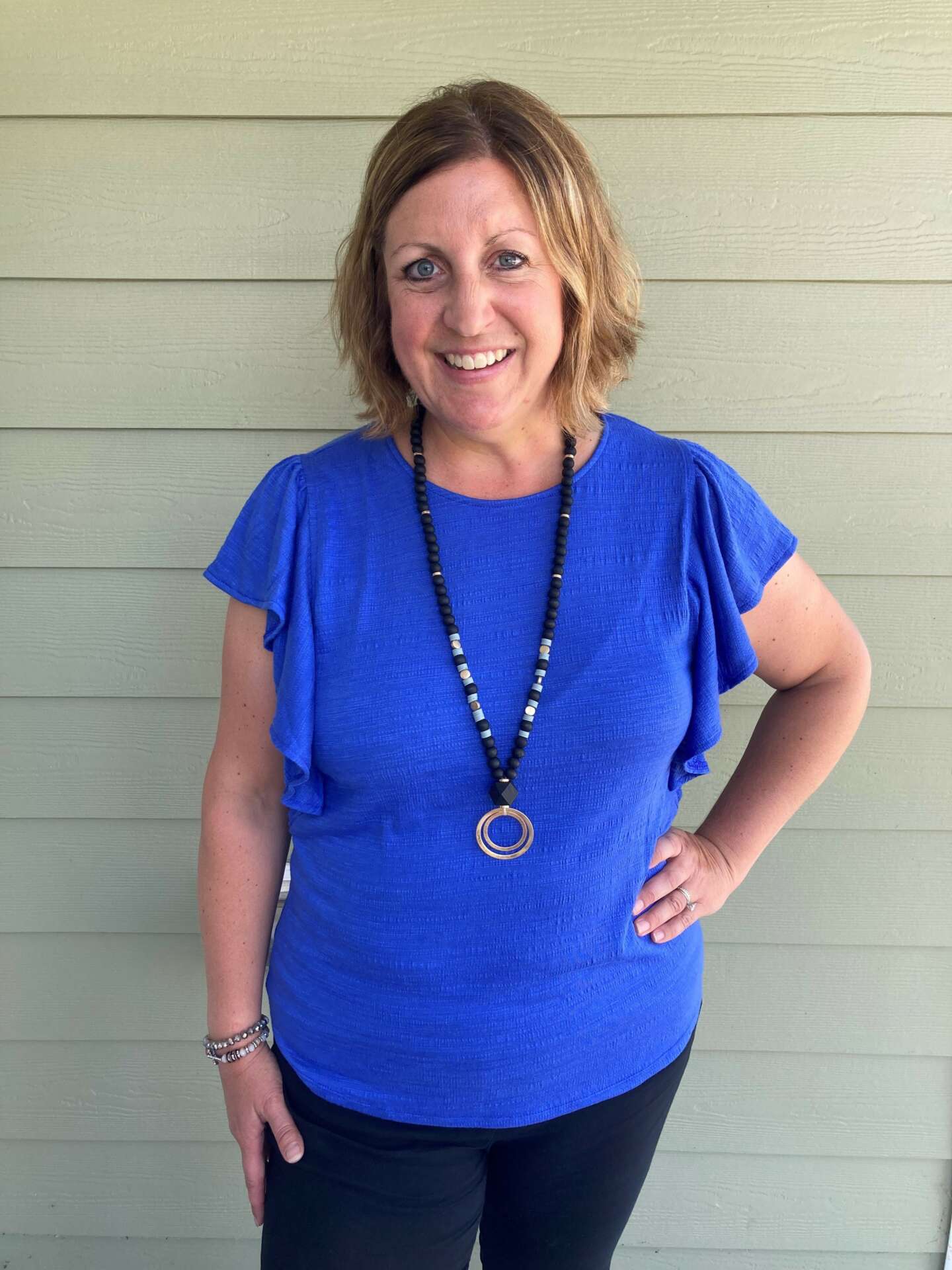
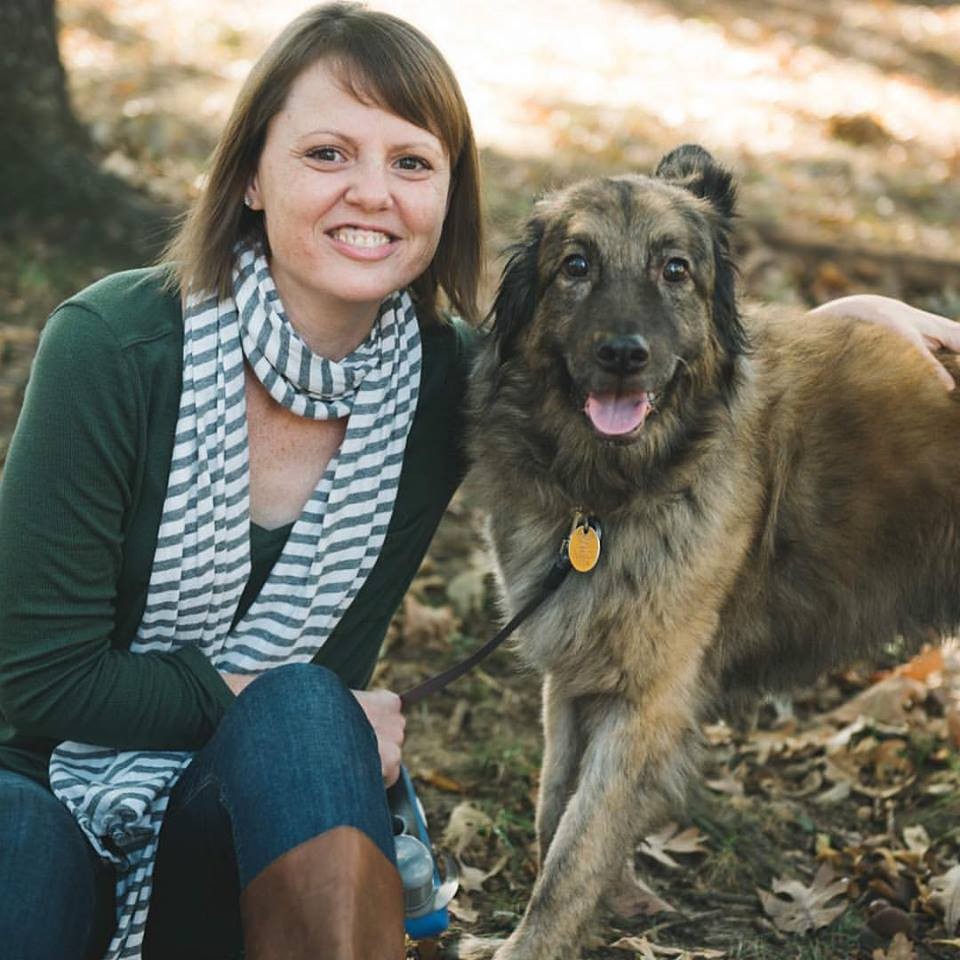
If you could go back in time, do you think you would have chosen a different profession or specialty?
This is one of my favorite questions to ask therapists! Without fail, including myself, everyone I’ve ever asked as said that we can’t imagine doing anything different. AND, almost immediately can list the other thing we’d be doing. For me I go between owning a yarn shop or living on a farm. I think the answer changes depending on how difficult the work week has been and what other stressors might be going on.
Training and knowledge matter of course, but beyond that what do you think matters most in terms of succeeding in your field?
I think for anyone considering whether or not they want to be a therapist the most important question to ask yourself is, “can you let someone sit with their pain without trying to fix it?” If the answer is no, then this is not the world you want to live your life in. As therapists we see people in their most pained moments and jumping in with a solution is almost never the right next step. Whether we mean to or not, this tells our clients that we are so uncomfortable with our own feelings about their feelings that we need them to stop having feelings.
Contact Info:
- Website: www.oakcitypsychology.com
Image Credits
Leslie Kirby Robb at 311 Photography


